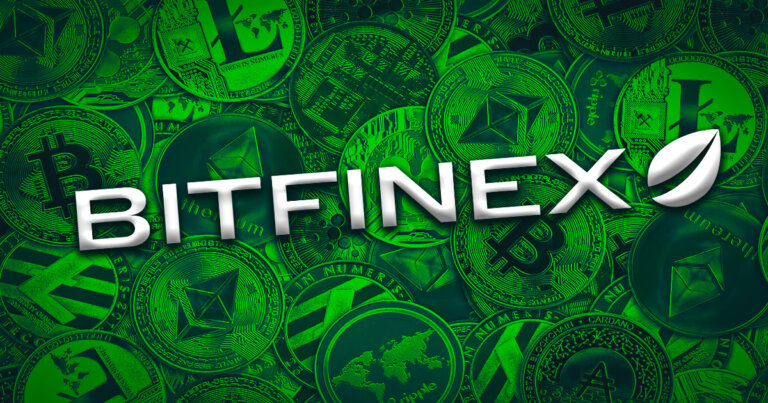 Bitfinex parent company looking to buyback 15M shares at $1.7B valuation
Bitfinex parent company looking to buyback 15M shares at $1.7B valuation Bitfinex parent company looking to buyback 15M shares at $1.7B valuation
The move is seen as an effort to consolidate its private operations amidst increasing regulatory oversight in the cryptocurrency industry.

Cover art/illustration via CryptoSlate. Image includes combined content which may include AI-generated content.
Hong Kong’s iFinex Inc., the parent company of cryptocurrency exchange Bitfinex, has proposed a $150 million share buyback, Bloomberg News reported Oct. 10.
The move is seen as an effort to consolidate its private operations amidst increasing regulatory oversight in the cryptocurrency industry.
Share buyback
iFinex, which has shared board members with the well-known stablecoin issuer Tether Holdings Ltd., made an offer to its shareholders last month.
The proposal offers to buy back shares at $10 each for a total of 15 million shares. The amount represents around 9% of iFinex’s total outstanding capital and sets the company’s valuation at approximately $1.7 billion.
However, the proposal has a prerequisite: iFinex must first receive a significant cash inflow from one or more of its subsidiary businesses.
In 2016, iFinex shareholders acquired its stocks through a swap deal with the investment platform BnkToTheFuture. That same year, Bitfinex lost around $71 million in Bitcoin due to a security breach. The current valuation of that amount stands at about $3.3 billion.
To remedy the situation, Bitfinex issued BFX tokens to its users at the time, which were later traded for iFinex shares through BnkToTheFuture.
The share buyback offer remains open until October 24, with no minimum shares requirement for the deal to proceed. Some directors at iFinex and its associated companies, including Giancarlo Devasini — CFO of both Tether and Bitfinex — are eligible to partake in this buyback opportunity.
Regulatory Concerns
iFinex said in a statement to Bloomberg that the company is considering the share buyback due to its “positive performance” over recent years.
The proposed buyback would provide an avenue for investors to address and support Bitfinex Group’s burgeoning regulatory needs. Additionally, it offers a lucrative exit strategy for investors from a considerably non-liquid investment.
Both Tether and Bitfinex have previously navigated through regulatory challenges. Notably, they faced a hefty fine of $42.5 million imposed by U.S. regulators in 2021.
The charges were related to Tether’s alleged misinformation about reserves backing its USDT stablecoin and Bitfinex’s purported services to U.S. clients without the requisite permissions.
The focus on crypto ventures has magnified, with international watchdogs increasingly targeting companies operating outside established regulatory frameworks. This is evident with planned regulations in major regions, such as the U.S., the U.K., and the European Union, geared towards stablecoins like USDT.
With the crypto industry in the spotlight, particularly following events like the collapse of FTX, these strategic moves by major players like Bitfinex underline the sector’s changing dynamics and adaptive strategies.









































































































